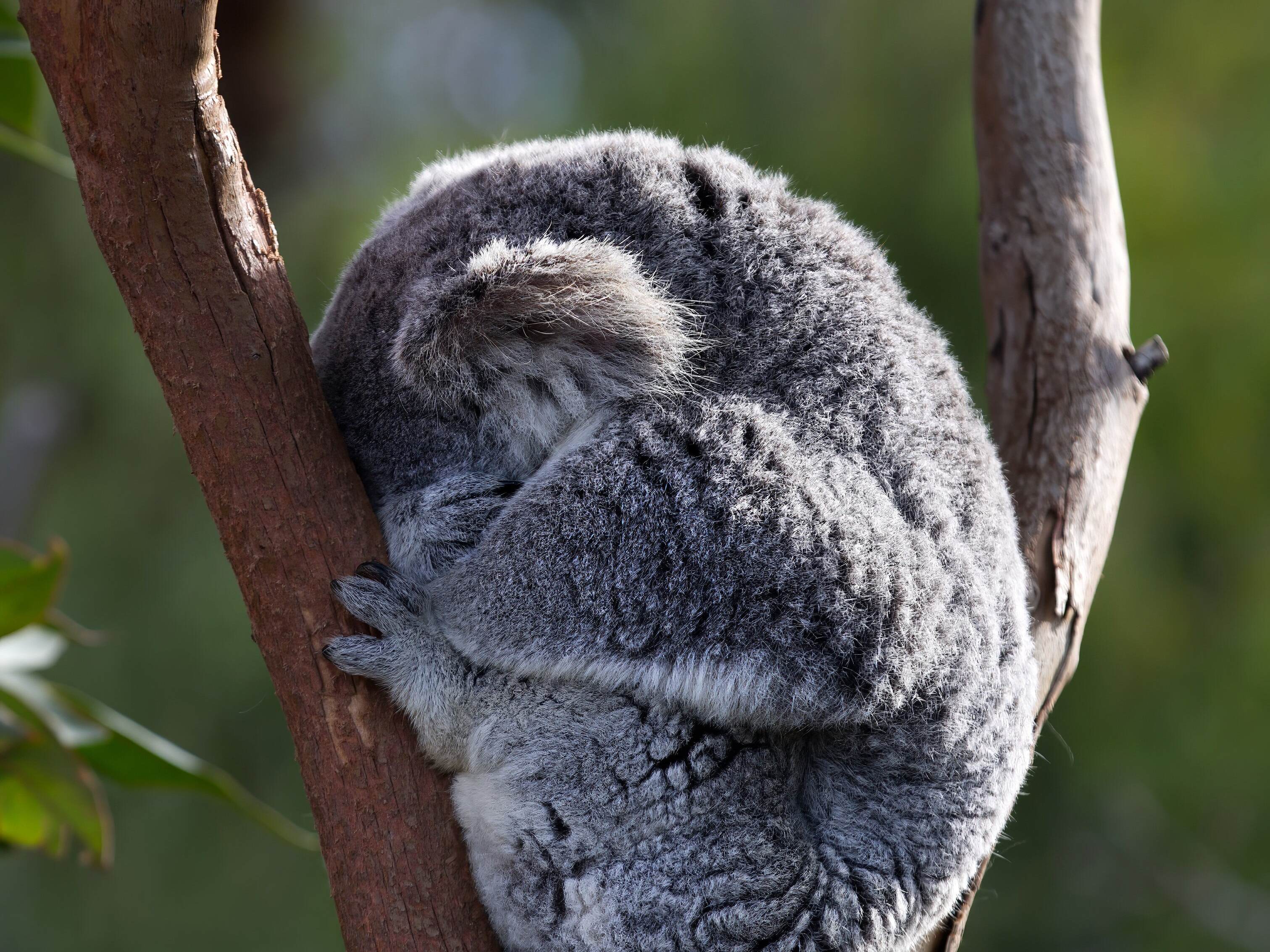

The Yin Nature of Winter: Emotional and Psychological Aspects
In Classical Chinese Medicine (CCM), Winter is the most Yin season—a time of darkness, stillness, and introspection. Emotionally and psychologically, aligning with this Yin energy is essential for maintaining balance and preparing for the Yang renewal of Spring. Below is a deeper exploration of the emotional and psychological aspects of Winter from a CCM perspective, supported by classical texts and philosophical principles.
Winter and the Water Element: The Realm of the Kidneys
In Five Phase (Wu Xing) theory, Winter corresponds to the Water element, which governs:
The Kidneys (Shèn) – Store Jing (Essence) and are the root of Zhi (Willpower).
The Bladder – Associated with letting go (urination) and emotional release.
The classical emotional correlate of the Water element is Fear (Kǒng), but it also governs Wisdom (Zhì) The ability to discern and act with deep knowing and Stillness (Jìng) The capacity for quiet reflection.
Huang Di Nei Jing (Yellow Emperor’s Inner Canon) states: "Fear injures the Kidneys." (Su Wen, Ch. 5). Excessive fear or anxiety weakens Kidney Qi, while a balanced Water element fosters resilience, adaptability, and calm determination.
Embracing Yin: The Psychology of Stillness and Introspection
Winter is a time when Yang energy retreats inward, mirroring nature’s dormancy. Psychologically, this means:
Slowing Down and Turning Inward
Reducing external stimulation (social busyness, overwork) allows the Shen (Spirit) to settle.
Reflection and meditation are emphasized—Winter is ideal for journaling, dream work, and deep contemplation.
Managing Fear and Anxiety
Since Kidneys house the Zhi (Will), imbalance can manifest as:
Chronic fear, insecurity, or lack of direction (weak Kidney Qi).
Overwhelming dread or paranoia (Kidney Yin deficiency with rising Empty Heat).
Classical Antidotes:
Grounding practices (Qi Gong, standing meditation).
Warmth and connection (community, fire-side gatherings).
Cultivating Wisdom (Zhì)
The Water element’s virtue is wisdom—knowing when to act and when to wait.
Winter teaches surrender—like water flowing under ice, we learn to move with subtlety rather than force.
Classical Lifestyle Practices for Emotional Balance in Winter
Sleep and Restorative Yin Practices
"Sleep early, rise late, and wait for the sunlight." (Su Wen, Ch. 2)
This conserves Kidney Yang and aligns with the season’s darkness.
Meditation and Stillness
Nei Dan (Inner Alchemy) practices focus on storing Qi in the Lower Dantian (near the Kidneys).
Breathwork (Tiáo Xī) – Deep, slow breathing calms the Shen and strengthens Lung-Kidney communication.
Emotional Release (Letting Go Like Water)
The Bladder meridian runs along the spine and is linked to stored emotional tension.
Acupressure, Tui Na (Chinese medical massage), Acupuncture along this channel can help release fear.
Nourishing the Heart-Kidney Connection
In CCM, the Heart (Fire) and Kidneys (Water) must communicate for emotional stability.
Winter’s Yin depth helps cool excessive Heart Fire (mania, over-excitement) and ground scattered thoughts.
A Classical Chinese Proverb on Winter’s Wisdom
"If in Winter you do not store Essence, in Spring you will suffer from warm diseases."
Huang Di Nei Jing
This means: Without proper Winter rest and introspection, Spring’s rising Yang may manifest as agitation, burnout, or illness.
The Gift of Winter’s Yin
Winter invites us to honour darkness, stillness, and the unseen—much like water beneath frozen earth. By slowing down, reflecting, and conserving our Jing, we cultivate resilience, wisdom, and emotional depth. In modern terms, Winter’s Yin is an antidote to chronic Yang excess (stress, overwork, constant stimulation). By embracing this seasonal rhythm, we return to the root of our vitality—the Kidneys—and prepare for the rebirth of Spring.
The Dancing Crane Acupuncture website, social media and newsletters, offers insights rooted in Classical Chinese Medicine and Holistic Health principles. This content is for educational purposes only and should not replace personalised medical advice or treatment. For tailored guidance, we recommend consulting a qualified natural healthcare practitioner or licensed medical professional.
